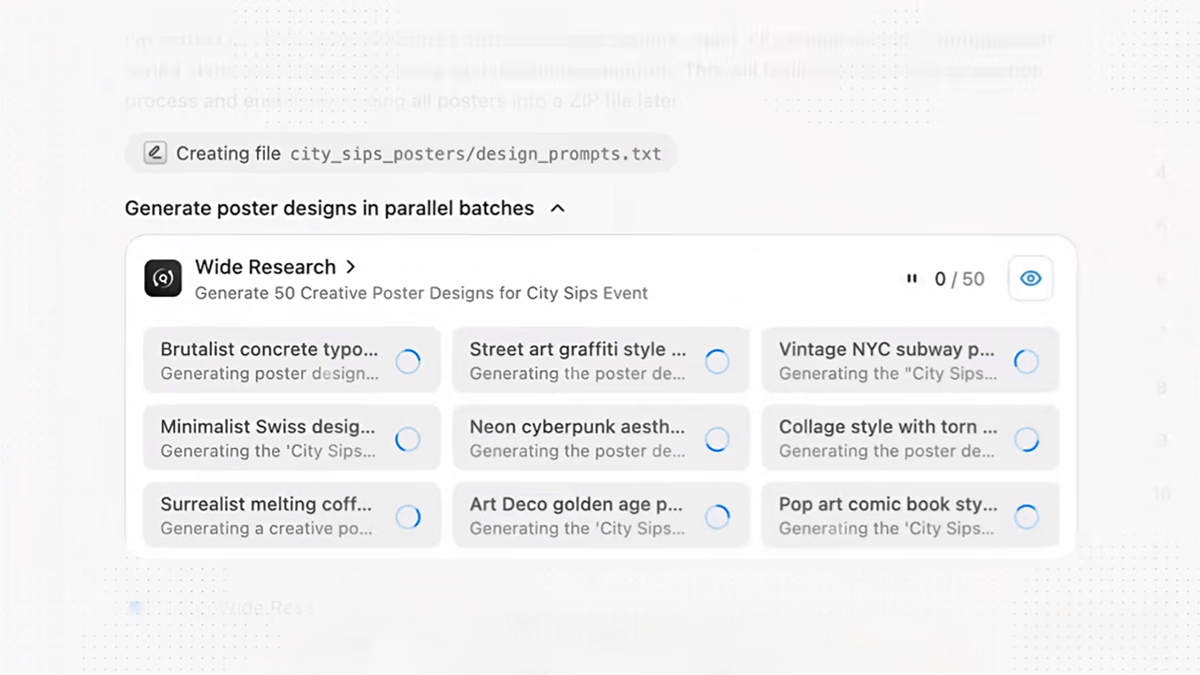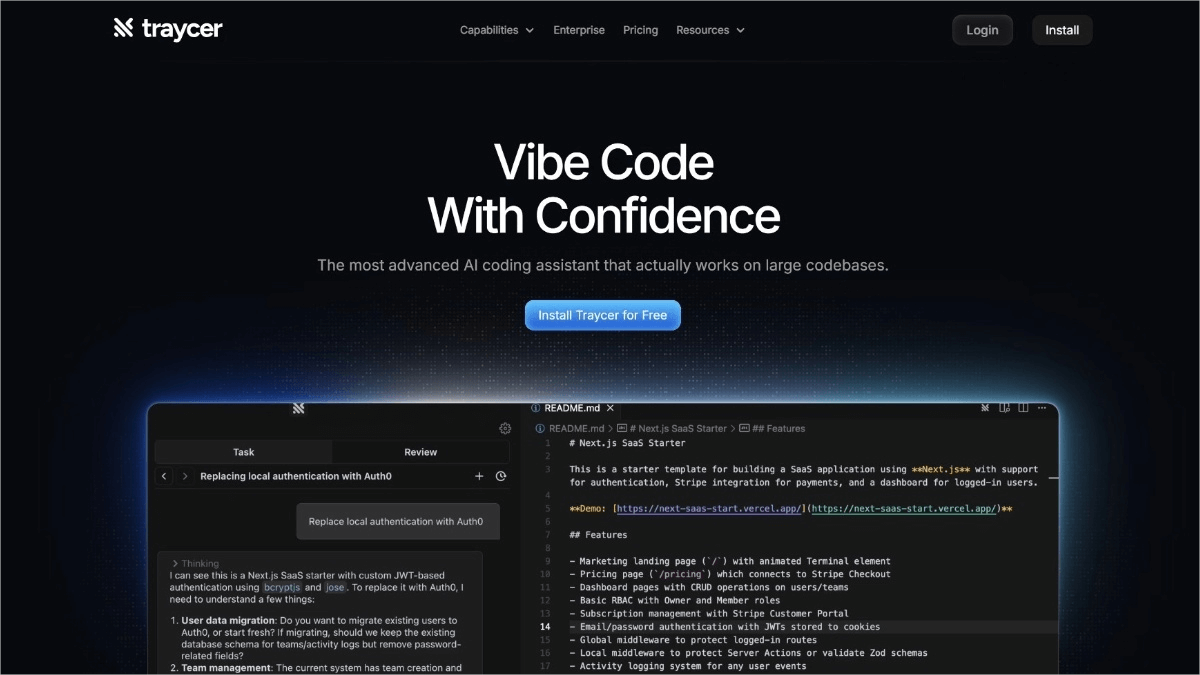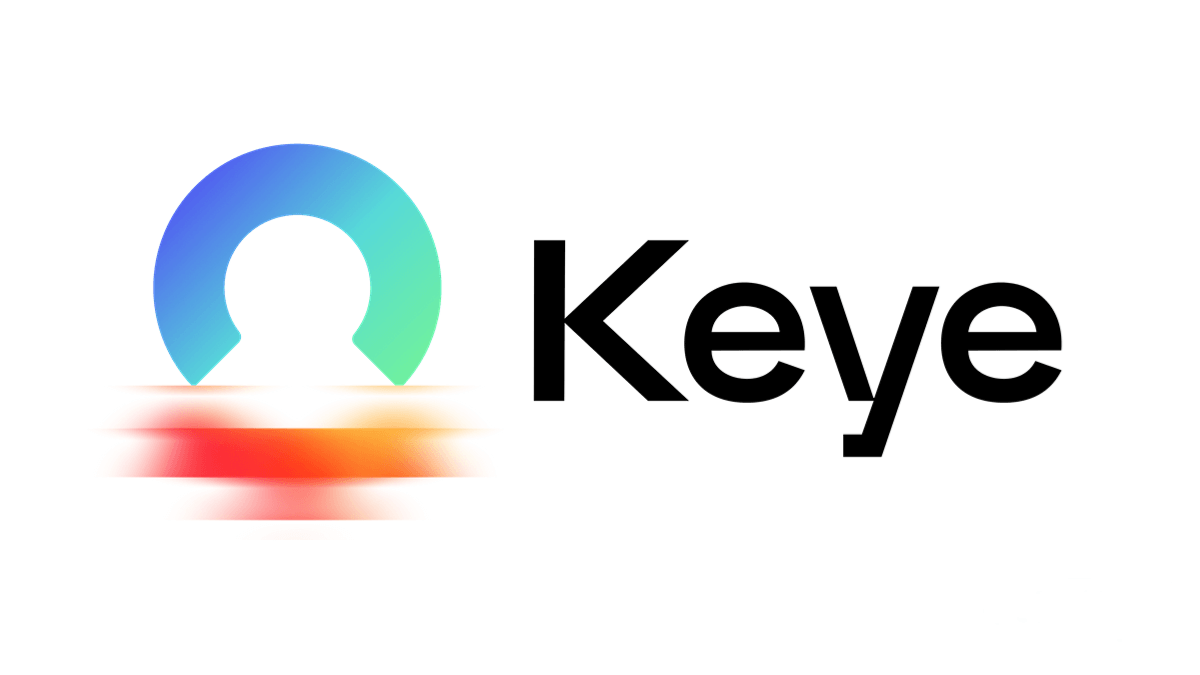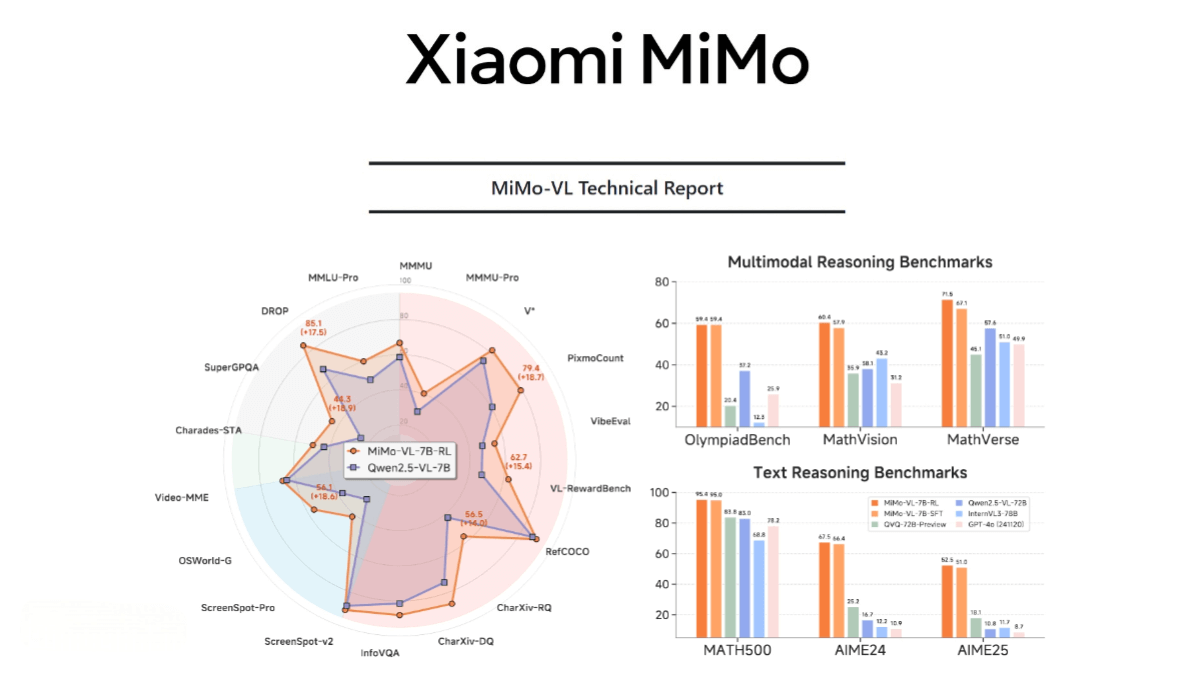What is Wide Research?
Wide Research is a foundational feature launched by the Manus platform that supports system-level parallel processing and agent collaboration protocols. It enables hundreds of general-purpose intelligent agents (Agents) to work simultaneously, helping users efficiently handle complex and large-scale tasks such as researching Fortune 500 companies or comparing top MBA programs. Each sub-agent is a fully functional Manus instance. Tasks are not limited by fixed formats or predefined domains, offering high flexibility. This feature is currently available to Pro users, with plans to gradually expand access to more user tiers.

Main Features of Wide Research
-
Large-scale Parallel Processing: Supports hundreds of agents working in parallel to efficiently complete complex tasks.
-
Complex Task Handling: Balances depth and breadth, suitable for enterprise research, market analysis, and multiple other fields.
-
Agent Collaboration Mechanism: Based on a general agent architecture, agents can collaborate and share information to improve task processing efficiency.
How to Use Wide Research
-
Register and Log In: Visit the Manus official website or Manus AI app to create an account and log in.
-
Upgrade User Tier: Upgrade to the Pro tier to unlock the Wide Research feature.
-
Create Tasks: Users directly create and describe tasks; the system automatically activates Wide Research based on task requirements.
-
Interact with Agents: Refine task requirements through the chat interface to guide agent work.
-
Monitor Progress: View the status of agents’ work and task completion in the task management interface.
-
View Results: After task completion, review aggregated results and download reports or data files.
Wide Research Application Scenarios
-
Enterprise Research: Quickly analyze financial data, market performance, and strategic directions of Fortune 500 companies.
-
Academic Research: Assist researchers in collecting and organizing large volumes of literature for interdisciplinary comparative analysis.
-
Market Analysis: Compare market shares, user feedback, and marketing strategies of different brands.
-
Technology Evaluation: Assess security, performance, and application scenarios of cutting-edge open-source projects.
-
Education: Help students and teachers organize course materials and compare the strengths of different educational programs.




